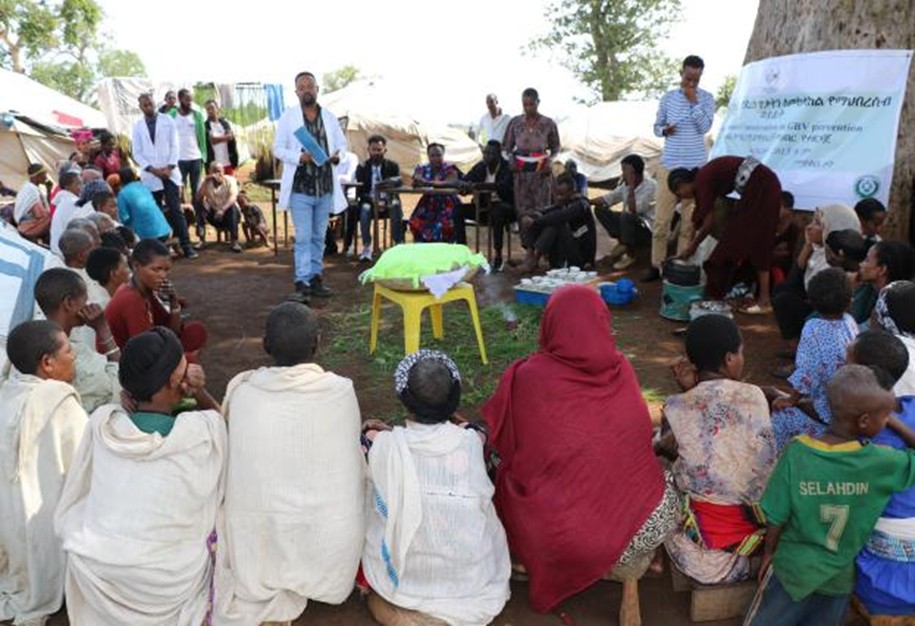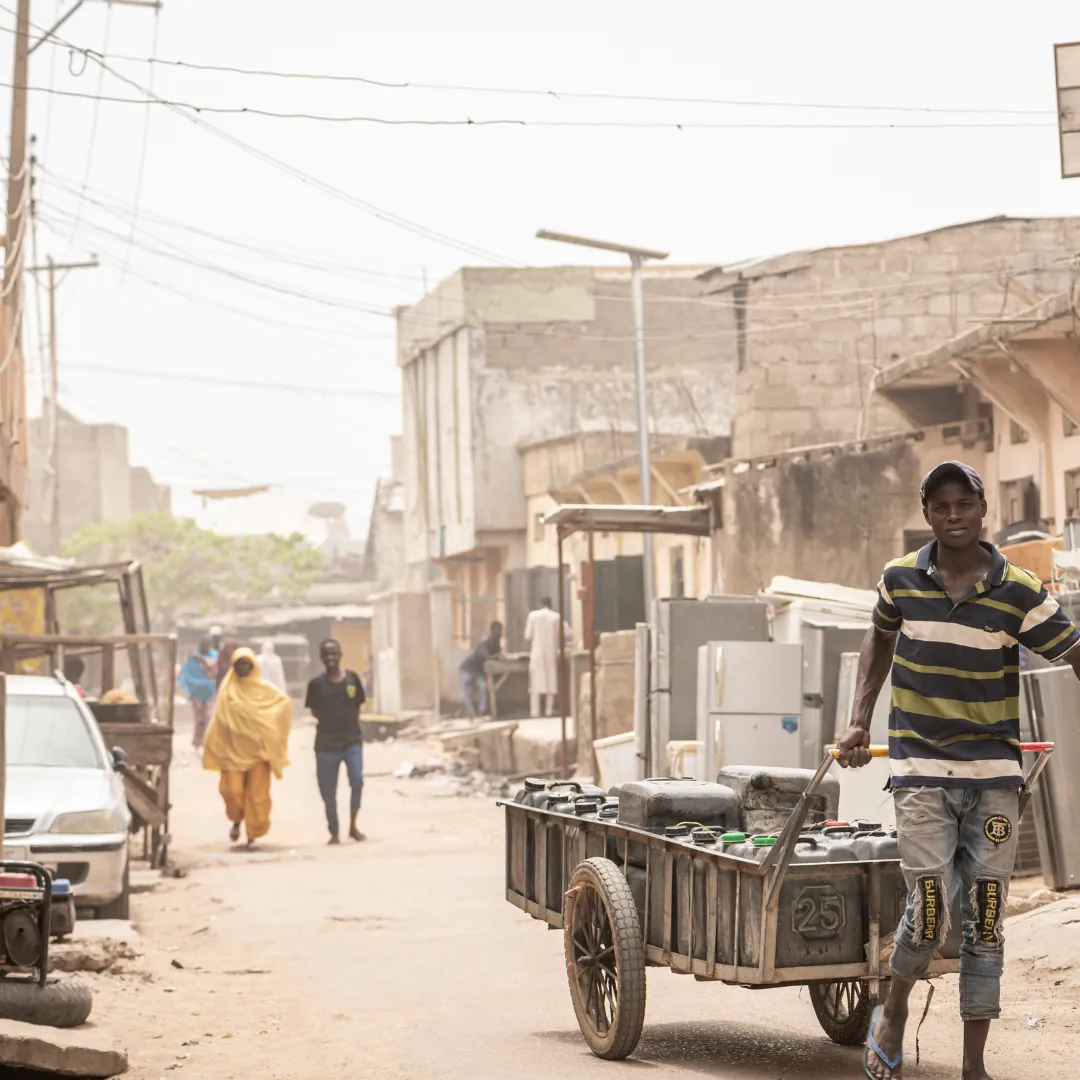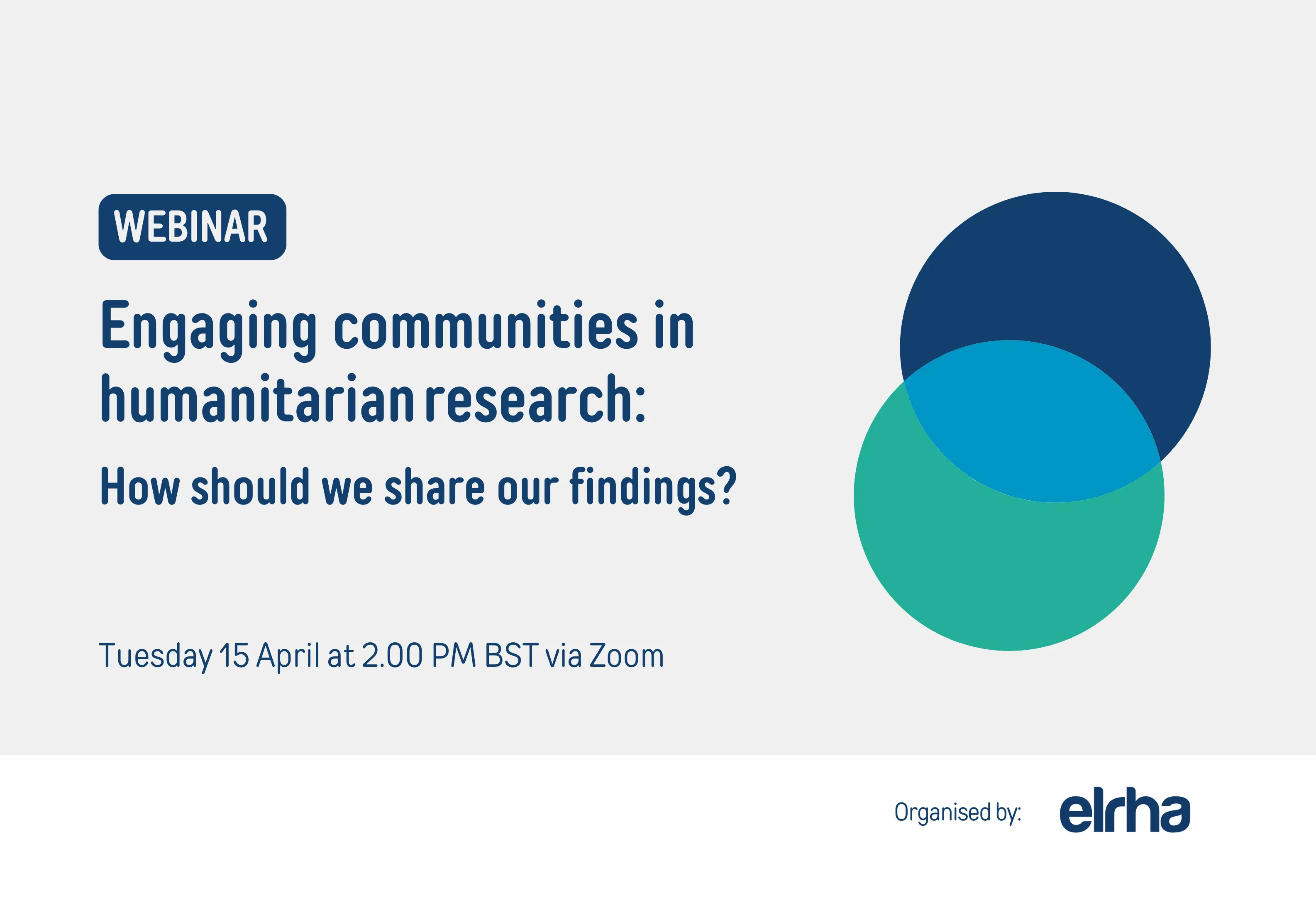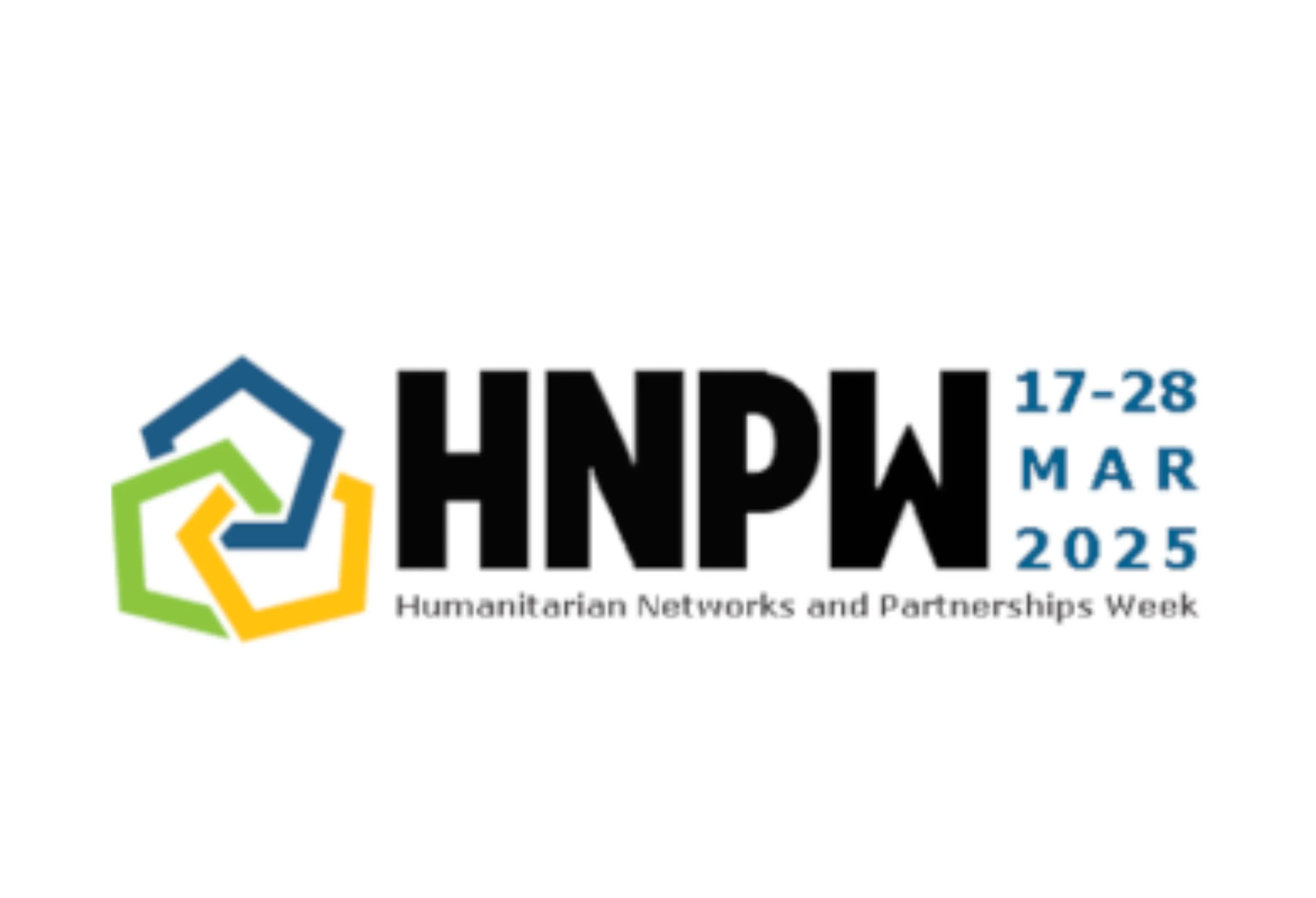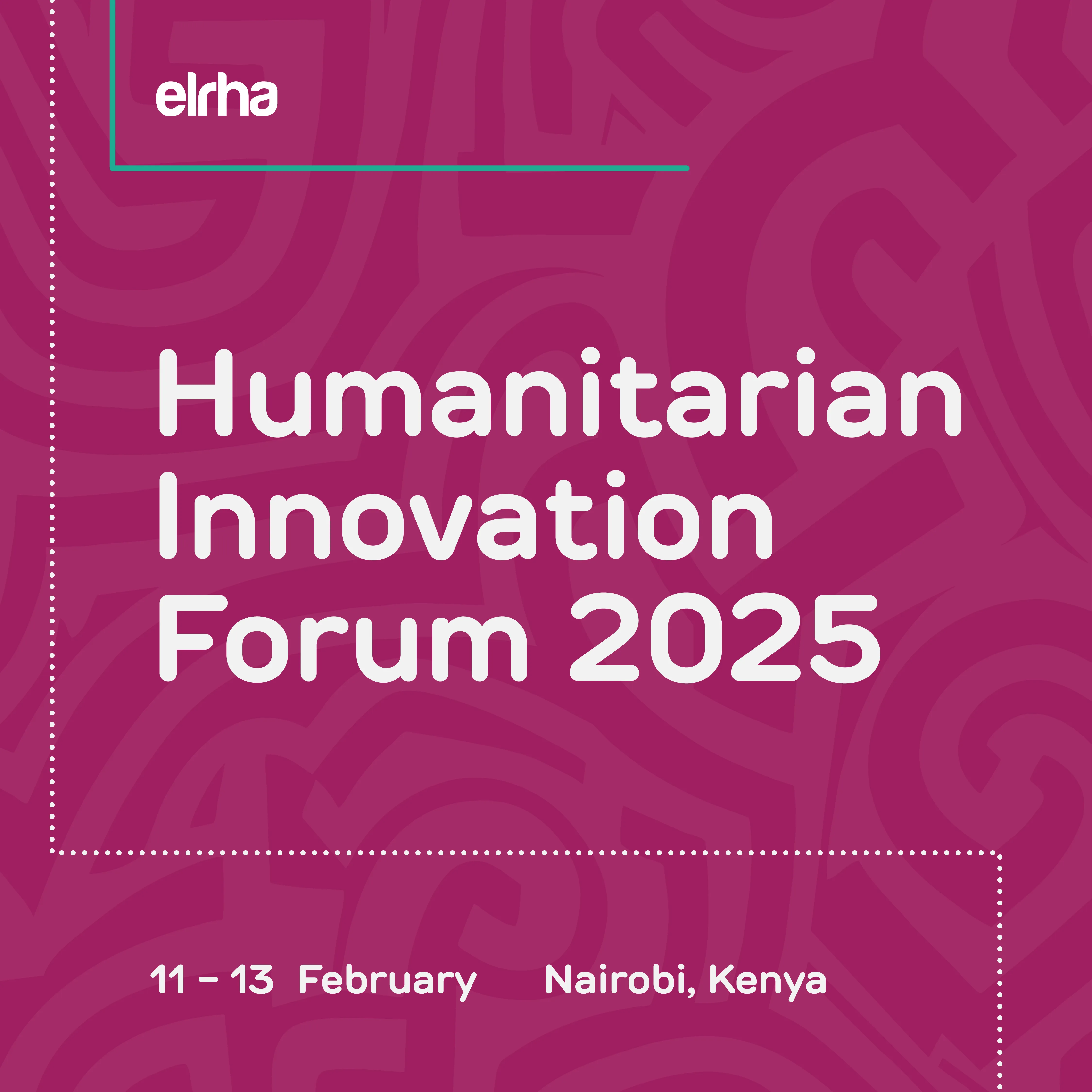The 2025 Humanitarian Health Research Forum
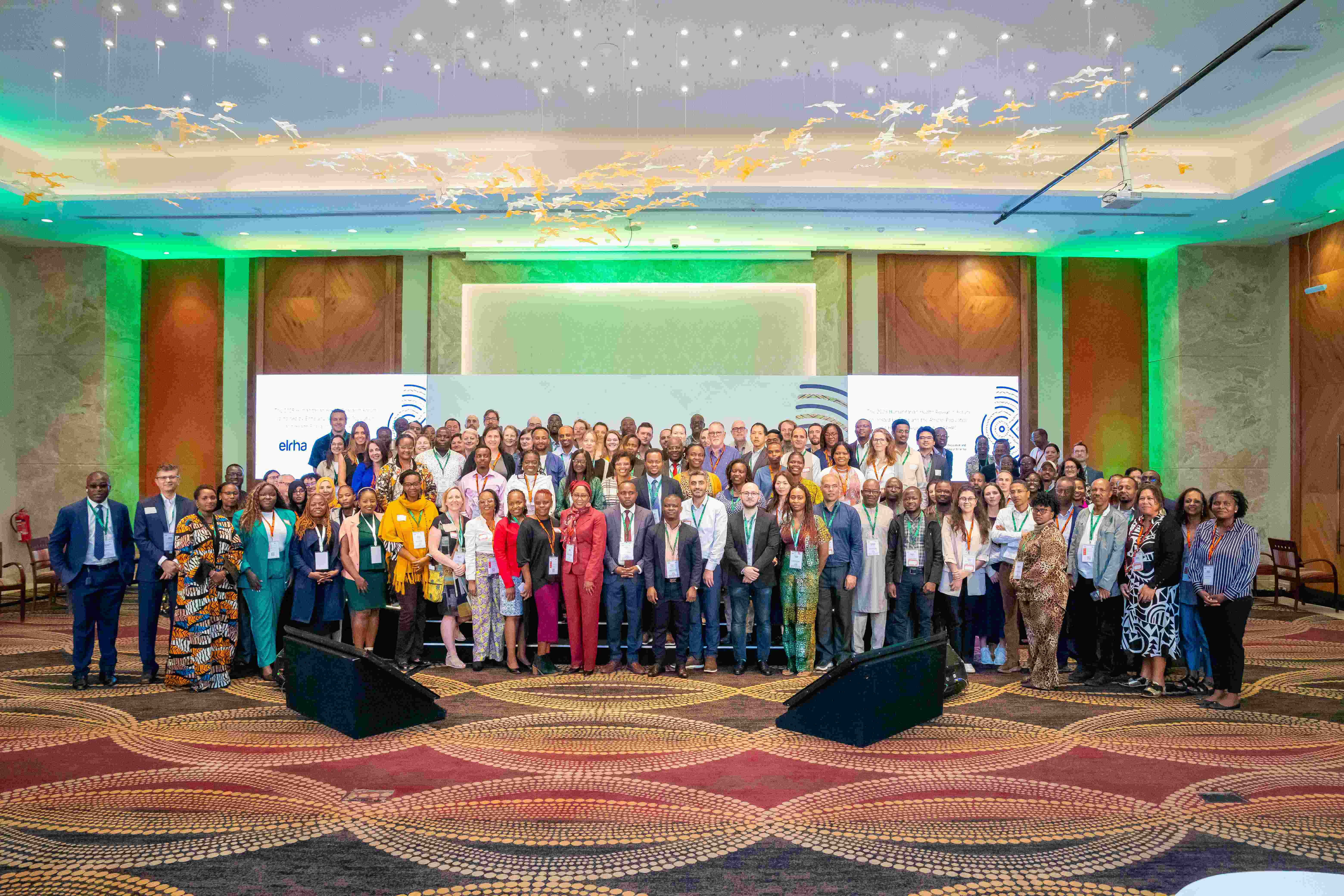
About the Forum
From 7-9 May 2025, over 150 researchers, practitioners, funders, policymakers, and community leaders came together in Nairobi for the 2025 Humanitarian Health Research Forum. The event, we co-hosted with the African Population and Health Research Center (APHRC) served as a vibrant platform for reflection, collaboration, and bold thinking on the future of humanitarian health research.
Over three days, the Forum addressed urgent questions facing the sector:
- Where is research needed most to tackle the health impacts of climate change in humanitarian settings?
- How do we ensure research is locally led, equitable and grounded in the needs of crisis-affected communities?
- How can we transform research into timely, trusted and impactful action in crisis contexts?
With thought-provoking keynotes, interactive panels, practical breakouts, a creative exhibition and plenty of networking opportunities, the Forum fostered fresh collaboration, challenged the status quo and provided a pathway for more inclusive and effective humanitarian research ecosystems.
Key themes
Galvanising action on evidence gaps for climate-induced health impacts
We explored the intersection of climate change and humanitarian health and challenged participants to rethink traditional research models. Sessions engaged with how locally-led and community-informed approaches to the climate crisis can enhance relevance and uptake, particularly in contexts of pre-existing crisis.
While many of the participants in the Forum would not identify as climate researchers, the ongoing complexity of crisis that is compounded by climate events pushes a change in how we work. The gauntlet was thrown by Lauren D’Mello-Guyett of the London School of Hygiene and Tropical Medicine: “We can’t ignore climate. There’s a real pivot within public health... Let’s upskill and get ourselves ready to tackle these adaptations.”
Discussions focused on how climate change is reshaping health challenges in humanitarian contexts and the crucial role of local expertise in adapting to this new reality with examples of how indigenous knowledge systems and community-generated data can strengthen early warning systems, service design, and local policy.
Shifting power to lower-and-middle-income countries (LMICs)
Panellists highlighted the need for structural—not symbolic—shifts in power dynamics, noting that local researchers are not lacking capacity but that their expertise is undervalued and under-recognised. Trust-based relationships that center community voices are required to achieve equity and sustained outcomes.
“Whatever it is we do, our interventions should be designed to shift power to our teams away from headquarters.” - Bhargavi Rao, Médecins Sans Frontières
Promoting research quality, ethics, and impact
Effective humanitarian research relies on local leadership, community trust, and strong institutional collaboration. Panelists emphasized that local researchers and policymakers bring critical context and networks, enabling research to influence policy in real time. Integrating humanitarian and development efforts through systems thinking and ethical engagement of displaced communities as research partners—not just subjects—were key themes. Evidence must lead to action, not just publication.
“Promoting refugees as partners gives refugees dignity, but it's also the right thing to do. It’s about accountability… and it looks at that lived experience of displacement as expertise.” — Joanina Karubaga, UNHCR
"When you’re locally based, you can promptly identify rare policy windows—those brief moments when research can influence change." - Dr Gloria Seruwagi, Baobab Consortium
The structural inequities in global research partnerships was tackled. A keynote by Anthony Mveyange (APHRC) urged the sector to move from rhetoric to action in decolonising research, and a panel which followed discussed key approaches to operationalise equitable partnerships.
“Empowerment is unsettling. We are already empowered — what we want is acknowledgement.” - Chi-Chi Undie, Population Council
Forum outputs
Revisit key discussions by exploring resources from the Forum to deepen your understanding and apply the insights to your work. These resources are also available in French and Arabic:
Summary report of key insights and policy recommendations
Summary report of key insights and policy recommendations - Arabic
Summary report of key insights and policy recommendations - French
Summary of climate and health discussions
Summary of climate and health discussions - Arabic
Summary of climate and health discussions - French
Summary of research impact discussions
Summary of research and impact discussions - Arabic
Summary of research and impact discussions - French
Summary of shifting the power discussions
Summary of shifting the power discussions - Arabic
Summary of shifting the power discussions - French
See article published in the ScienceDirect journal: Bridging communities of practice: lessons from the Humanitarian Health Research Forum on climate, crisis, and collaboration
Video highlights
Watch recorded discussions, and interviews. Take a look at the full playlist on Vimeo.
The Forum in figures
Thank you to all participants who shared their feedback and reflections. Highlights include:
- 150+ participants from 41 countries
- Three days of dialogue, debate and learning
- 91% participants learned something at the forum that will directly inform their work
- 99% participants made “valuable” new connections, with 90% thinking these connections will turn into longer-term collaborations
- 91% participants thought the forum was relevant, diverse and representative
- 89% would attend a future forum
See more key moments and highlights from the Forum. Browse photos and watch the highlights video.
Forum outcomes and next steps
The Forum reinforced a collective ambition: to make humanitarian health research more inclusive and more climate-aware. But ambition alone is not enough - it requires ongoing commitment and concrete action.
We invite donors, partners, and peers to build on this momentum - and work with us toward a research ecosystem that is equitable, impact-led, and grounded in local leadership.
For partnership opportunities or further information, contact us at [email protected].
%20(2).png)
